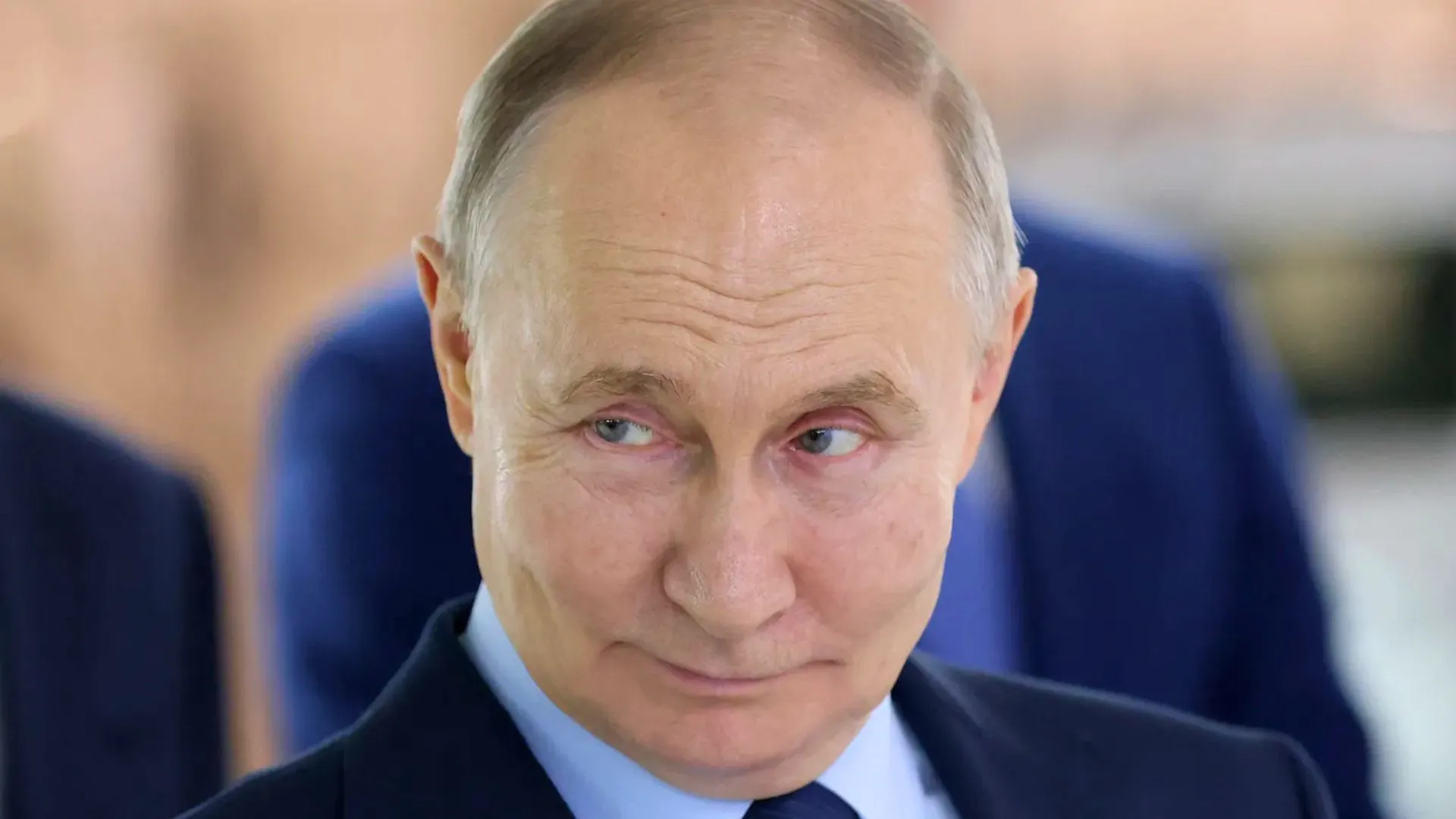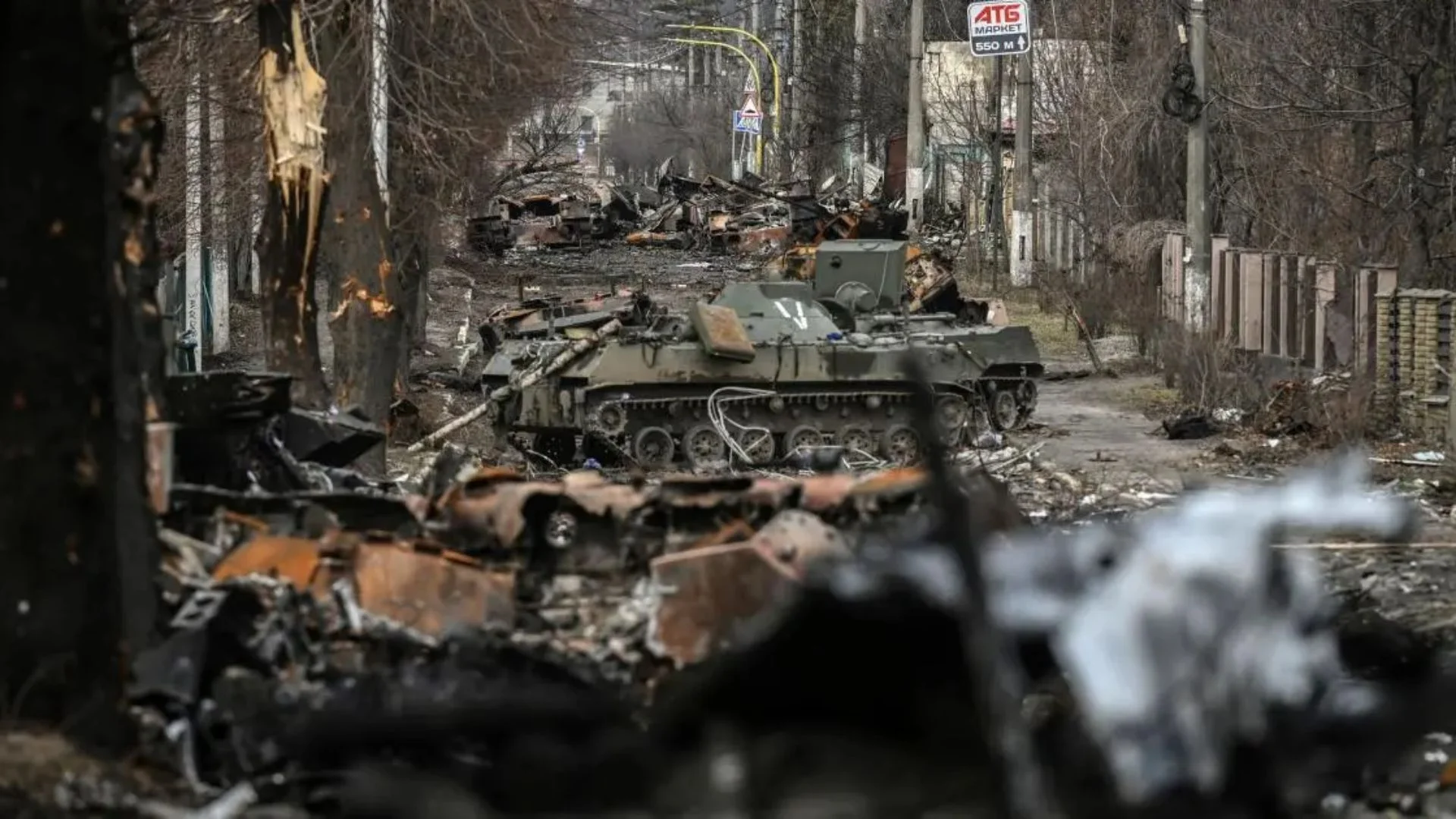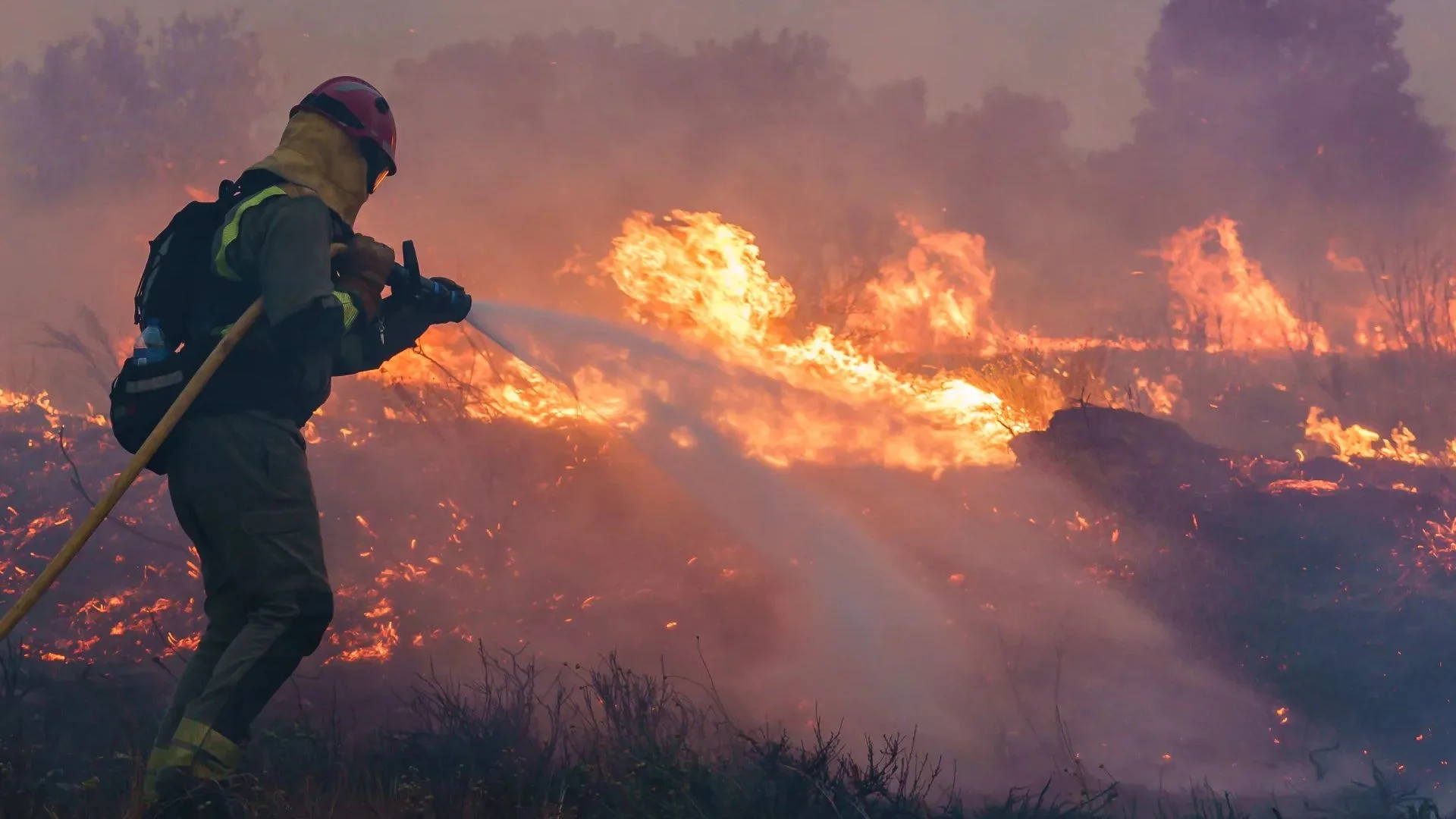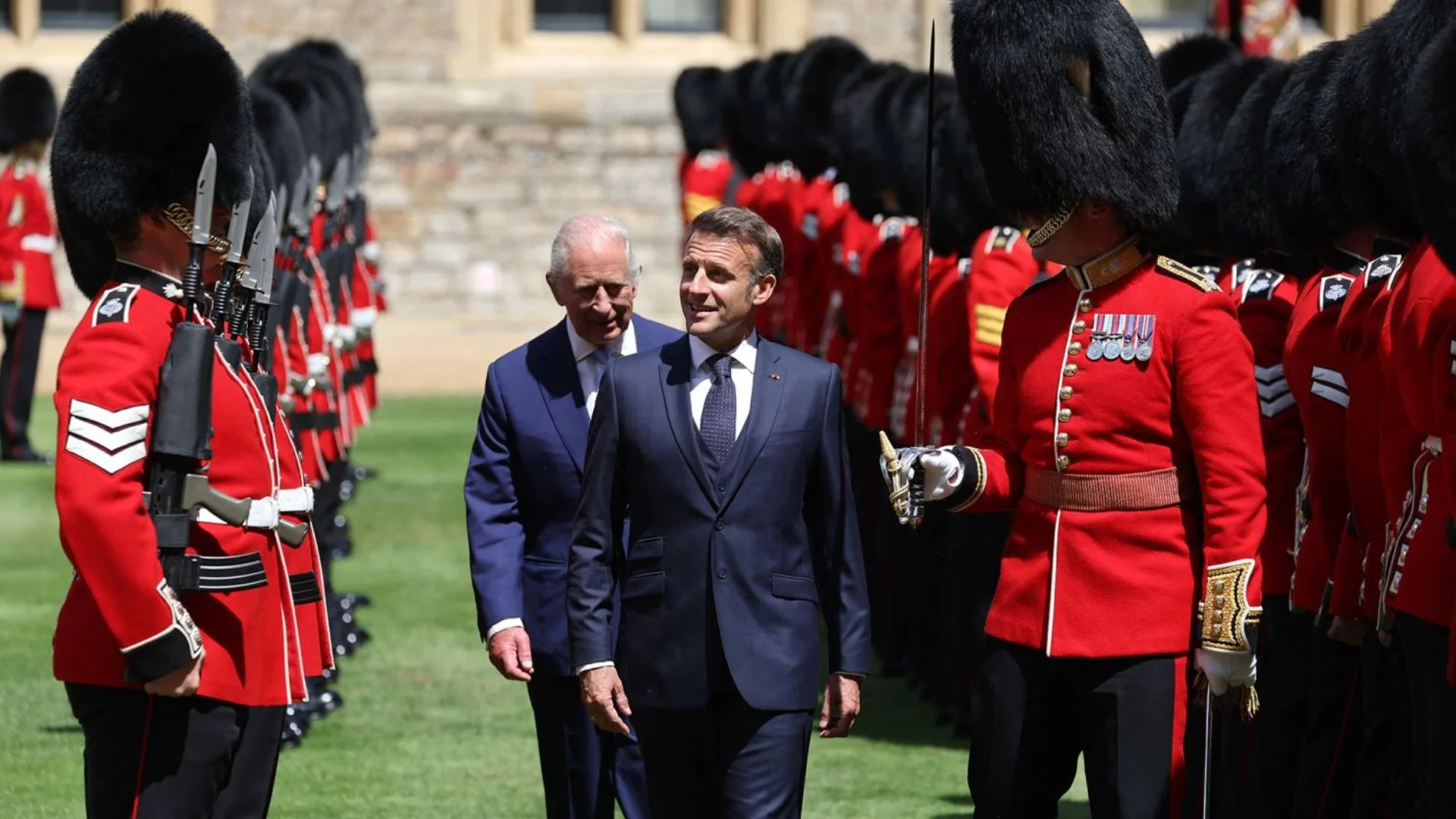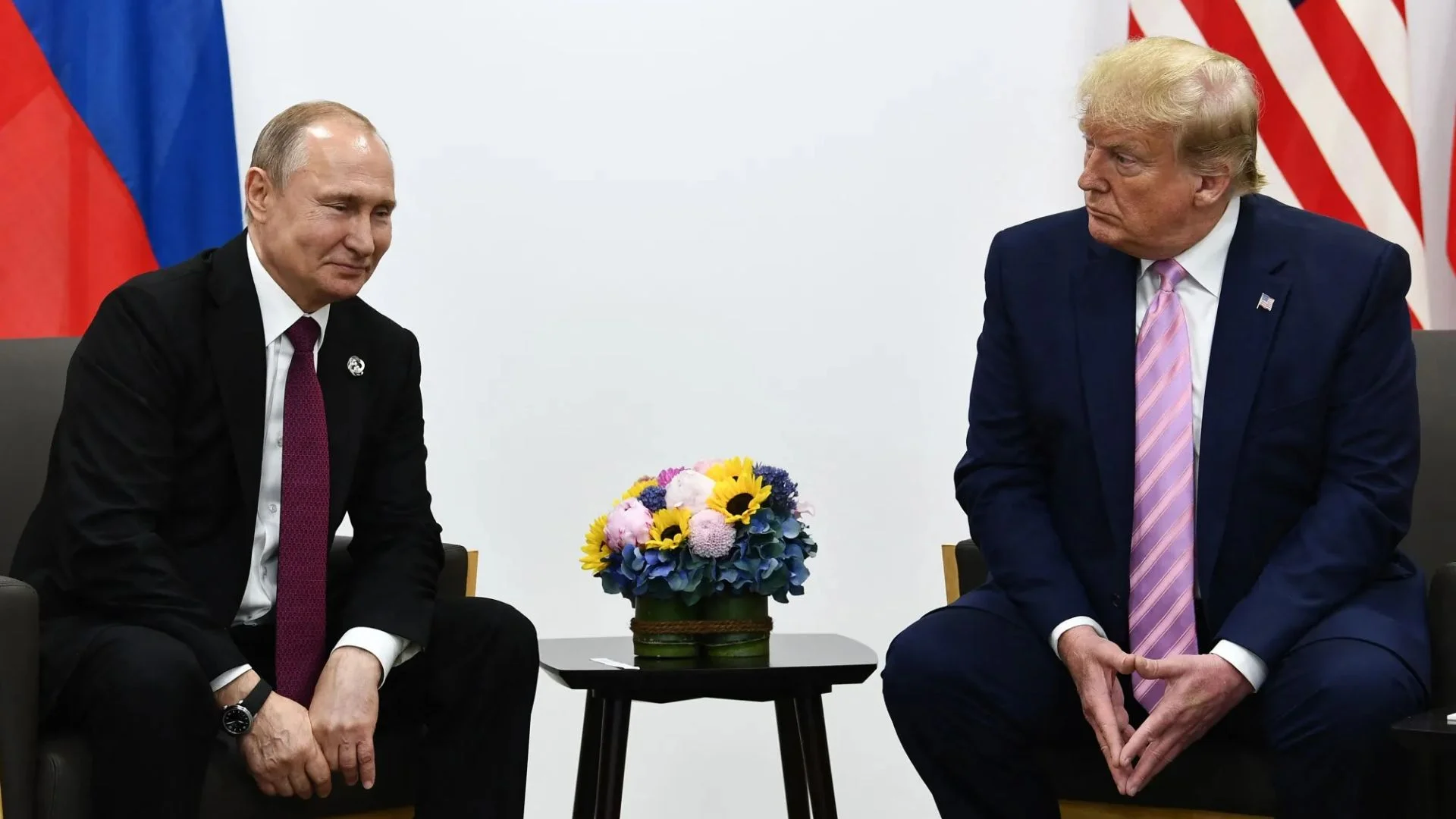Russian President Vladimir Putin is treading a tightrope in the growing Iran-Israel confrontation. At the beginning of the year, he hosted Iranian President Masoud Pezeshkian at the Kremlin and signed a strategic partnership to further deepen relations. That agreement sought to strengthen both nations’ efforts to undermine US-dominated world hegemony.
But now, following more than a week of Israeli and American bombing of Iranian targets, Moscow has given Tehran little more than fine words. Putin has refused to offer military assistance, instead urging diplomacy and defusing the crisis.
The Kremlin appears more concerned with maintaining flexibility than with insisting on standing shoulder-to-shoulder with its so-called ally.
Grand Partnership on Paper
Early this year, Putin and Pezeshkian signed a so-called new “strategic partnership” deal. The deal symbolized the intensification of cooperation between Russia and Iran. For years, both countries had stood together to confront Western influence in the Middle East and the world at large.
The Moscow signing seemed symbolic—a move toward solidifying an anti-US bloc. But now that symbolism is at risk. Tehran hoped for backing when its confrontation with Israel escalated. It received little more than diplomatic bluster.
Moscow Delivers Rhetoric, Not Missiles
As Israeli and American aircraft rained down on Iranian targets, Moscow remained largely silent. Putin eschewed explicit military involvement. In public statements, he dodged assurances of action. Instead, he proposed an exchange on the resolution of the crisis.
“This gives us an opportunity to…think together about how it would be possible to exit from this situation,” said Putin. That imprecise remark underscored his delicate dance—to avoid offending either side.
Putin’s Gambit: Stalling and Diplomacy
Instead of deepening engagement, the Kremlin is stalling. Putin is aware that explicit support for Iran invites Israeli reprisal and Western criticism. On the other hand, withdrawing would compromise Russia’s leadership of an emerging multipolar world. By providing words instead of armor, Putin has options open. Tehran, however, now realizes the boundaries of Moscow’s assurances.
With the crisis prolonging, Iran might reconsider depending on Russia. The strategic alliance, once described as historic, now appears superficial. Putin’s true intention appears obvious—safeguard Russian interests above all else, even at the expense of allowing a friendly nation to stand alone against airstrikes.

